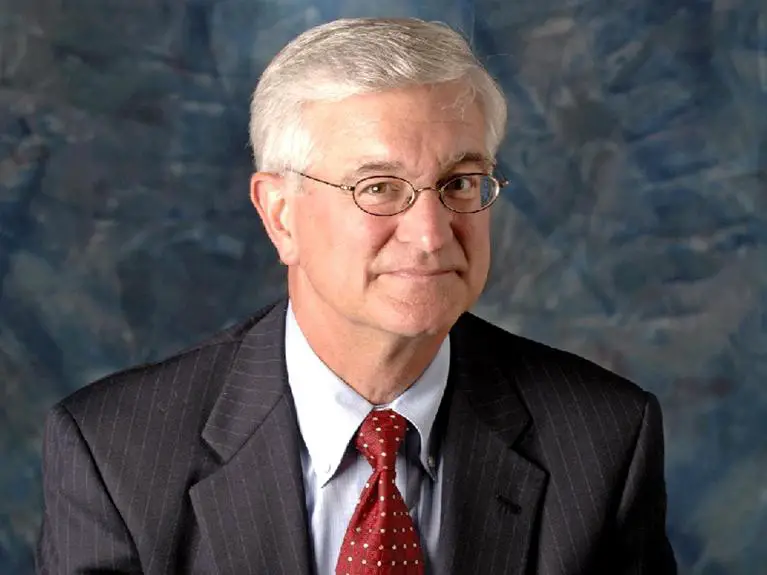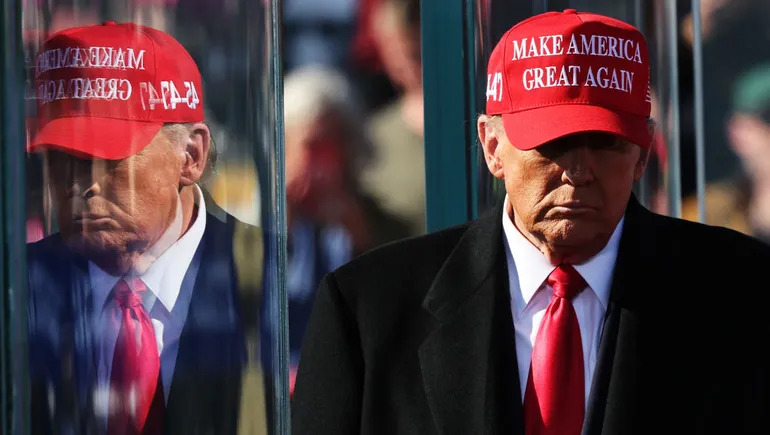Dollar Tree, a leading name in discount retail, recently announced that CEO Rick Dreiling has stepped down due to personal health issues. Dreiling, who led the company since early 2022, has also resigned from his position on the board, marking the end of a nearly two-year tenure during which he faced numerous challenges. Dollar Tree’s Chief Operating Officer (COO), Michael Creedon, has stepped in as interim CEO, and a thorough search for a permanent CEO is underway. In the meantime, Ned Kelly, who joined the board in 2022, has been appointed as board chairman. This article delves into Dreiling’s departure, Dollar Tree’s strategic challenges, and what lies ahead for the discount retail giant.
The Impact of Dreiling’s Departure on Dollar Tree’s Strategy
Rick Dreiling’s departure occurs at a pivotal moment for Dollar Tree. Having previously served as CEO of Dollar General, Dreiling brought extensive industry experience to the role and was instrumental in steering Dollar Tree’s strategy across both its main brand and Family Dollar subsidiary. Analysts believe Dreiling’s leadership was vital in shaping the company’s direction and meeting customer needs. His exit, however, introduces uncertainty during a time when Dollar Tree is working to overcome operational and strategic obstacles.
Among the significant challenges facing Dollar Tree is a comprehensive review of its Family Dollar brand. Family Dollar has struggled with underperformance, and the company recently announced plans to close approximately 1,000 locations, predominantly affecting this segment. Analysts have noted that Dreiling’s understanding of discount retail was beneficial for navigating this troubled brand, making his departure especially impactful. Family Dollar has seen numerous attempts at revival, but the chain continues to face steep competition from other discount retailers, particularly in rural and suburban areas.
Michael Creedon: From COO to Interim CEO
With Dreiling’s exit, Michael Creedon has assumed the role of interim CEO. Creedon joined Dollar Tree in 2022 and has been involved in overseeing merchandising and supply chain operations for both Dollar Tree and Family Dollar. His background includes a leadership position at Advance Auto Parts, where he served as executive vice president and president of U.S. stores. His knowledge of Dollar Tree’s inner workings and his involvement in shaping company strategy are expected to help ensure some continuity in leadership.
Creedon’s appointment as interim CEO comes with significant compensation adjustments. His base salary has increased to $1.1 million, and he stands to earn an additional $500,000 bonus, contingent on achieving performance objectives tied to Family Dollar’s strategic review. This incentive structure underscores the importance of his role in stabilizing Family Dollar’s operations and moving forward with critical evaluations that could reshape Dollar Tree’s future direction.
Navigating Financial Performance and Strategic Challenges
Dollar Tree’s financial performance has not met expectations in recent quarters, a challenge exacerbated by the strategic uncertainties surrounding Family Dollar. This has created additional pressure on Dollar Tree’s leadership, particularly during the holiday season—a crucial period for retail profitability. Without Dreiling’s guidance, the company faces more ambiguity about how to execute its strategy effectively in the near term.
The company’s financial challenges are compounded by increased operational costs, inflation pressures, and heightened competition in the discount retail space. Dollar Tree operates more than 16,000 stores across North America, a footprint that demands efficient supply chain and logistics management to maintain profitability. This scale, while beneficial for market reach, adds complexity to cost management, especially in an inflationary environment where margins are already thin.
Telsey Advisory Group’s Analysis: The Road Ahead
Telsey Advisory Group, led by analyst Joe Feldman, highlighted Dreiling’s departure as a potential hindrance to Dollar Tree’s progress, noting that his retail industry experience played a crucial role in shaping effective strategies for the company. Feldman emphasized Dreiling’s expertise in the dollar-store sector as invaluable, pointing out that he made bold moves to revitalize the business. Telsey’s analysis also suggests that the uncertainty around leadership could affect decision-making processes during the holiday season and into early 2025.
Telsey’s analysis brings to light the importance of the ongoing strategic review of Family Dollar. According to the group, Family Dollar’s estimated valuation could be between $2.5 billion and $5.5 billion. A sale or spinoff of the brand is among the options being considered, with analysts noting that while a spinoff may be simpler, a sale could generate immediate cash flow to reinvest in Dollar Tree’s core operations or fund share repurchases. Such moves could create value for shareholders while allowing the company to focus on its main brand.
The Family Dollar Conundrum: Spin-off or Sell?
Dollar Tree’s commitment to complete a strategic review of Family Dollar reflects the brand’s persistent performance issues. For years, Family Dollar has struggled to gain competitive traction, leading to questions about its long-term viability. Despite investments in store upgrades and operational enhancements, Family Dollar’s profitability has lagged.
Telsey’s analysts suggest that a spinoff might simplify Dollar Tree’s operational structure, allowing the company to concentrate resources on its core Dollar Tree stores. However, a sale could provide much-needed capital for reinvestment in high-performing segments and potential share repurchases, benefitting shareholders in the short term. Both options entail complex considerations that will require strong, consistent leadership—a factor that remains uncertain in the wake of Dreiling’s departure.
Potential Outcomes of the CEO Transition
Dollar Tree’s search for a permanent CEO will consider both internal and external candidates, indicating that the board is open to diverse perspectives on how to address current challenges. The leadership transition could bring about a new strategic focus, especially if an external candidate is chosen. The ideal successor would likely possess a combination of retail experience and a clear vision for navigating the unique challenges of discount retail and the ongoing Family Dollar review.
In the interim, Michael Creedon’s familiarity with Dollar Tree’s operations and his involvement in crafting recent strategies may provide stability. However, the CEO transition has undoubtedly introduced some risk, as decisions made during this period could have long-term consequences. For Dollar Tree, selecting a leader with the right balance of experience and innovation is crucial to maintain the company’s position in the competitive discount retail landscape.
Conclusion: What’s Next for Dollar Tree?
As Dollar Tree enters a period of transition, its leadership will play a pivotal role in determining the company’s trajectory. Rick Dreiling’s departure has raised concerns among analysts and investors, as his industry insights were a stabilizing force during a challenging phase. Michael Creedon’s interim leadership will need to address immediate operational concerns while the board seeks a permanent CEO.
Dollar Tree’s commitment to strategic reviews, particularly for Family Dollar, indicates that the company is open to transformative changes to optimize performance and meet shareholder expectations. While a final decision regarding Family Dollar remains pending, a potential sale or spinoff could reshape Dollar Tree’s business model and financial structure. In the coming months, all eyes will be on Dollar Tree’s leadership team and their efforts to ensure a successful holiday season, a solid financial outlook for 2025, and a clear path forward for the Family Dollar brand.
This period of change offers both risks and opportunities for Dollar Tree, which must now navigate operational challenges with a focus on growth and shareholder value.




